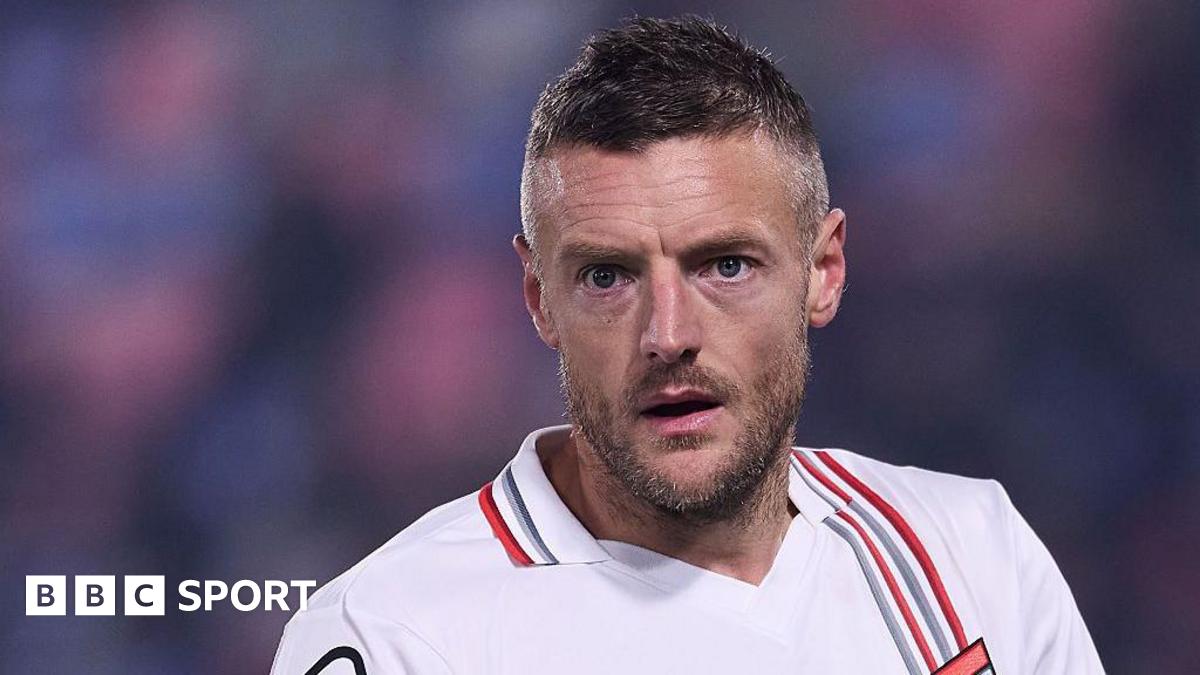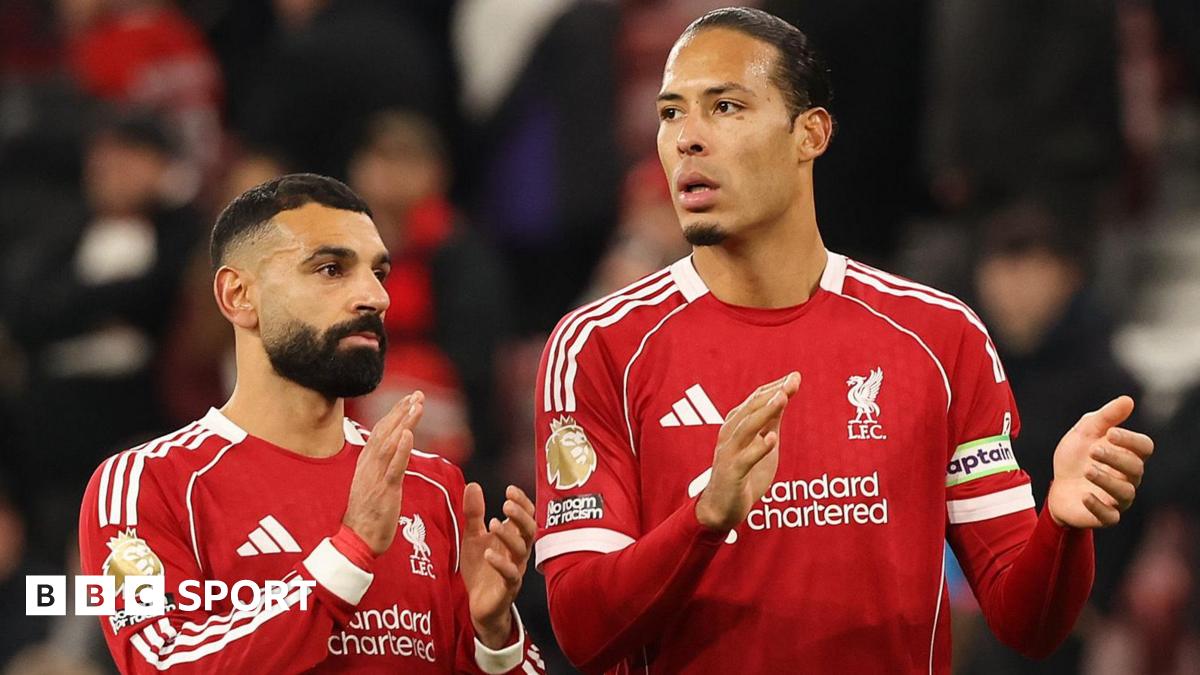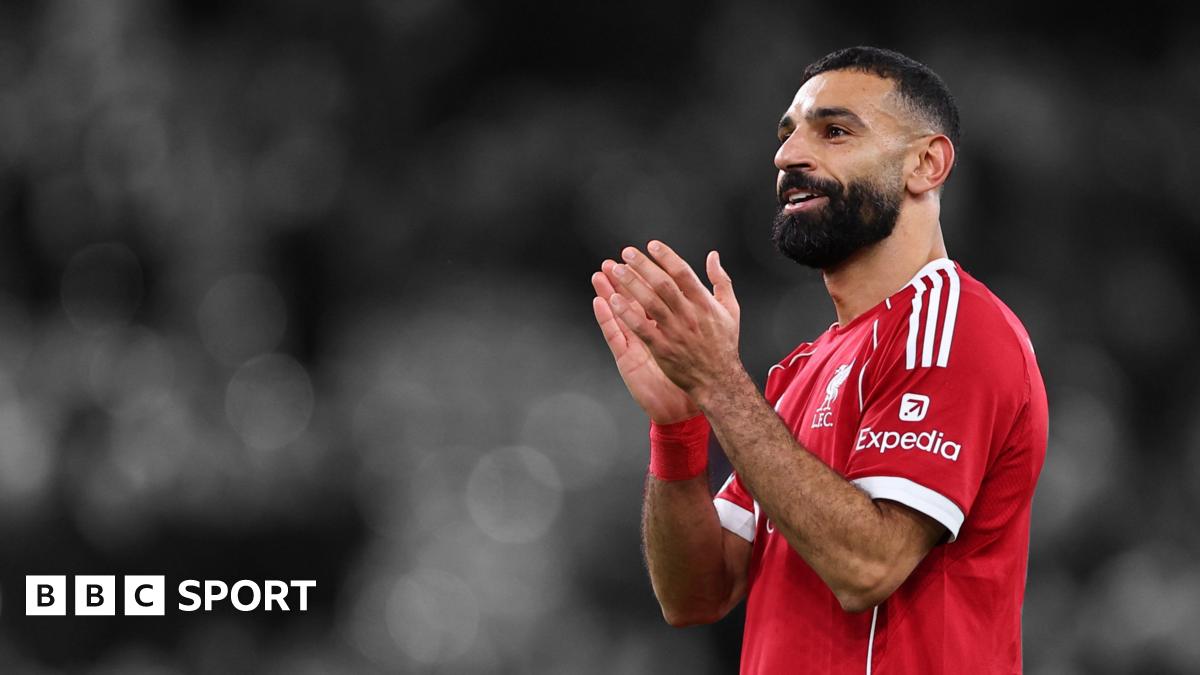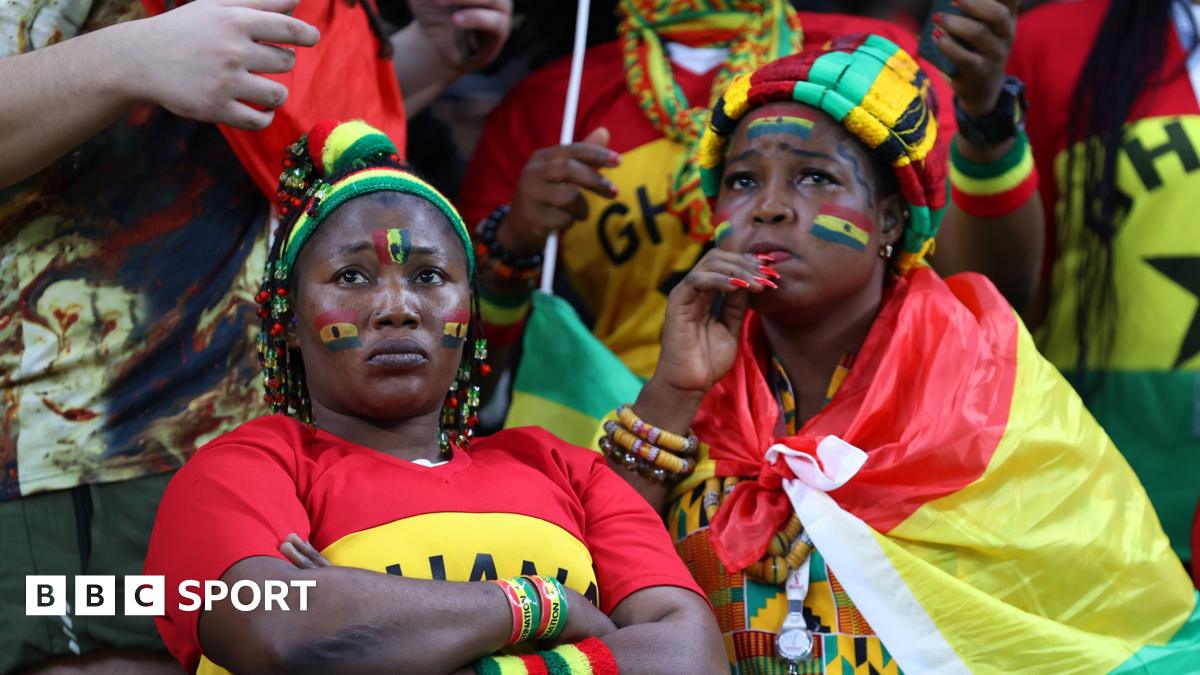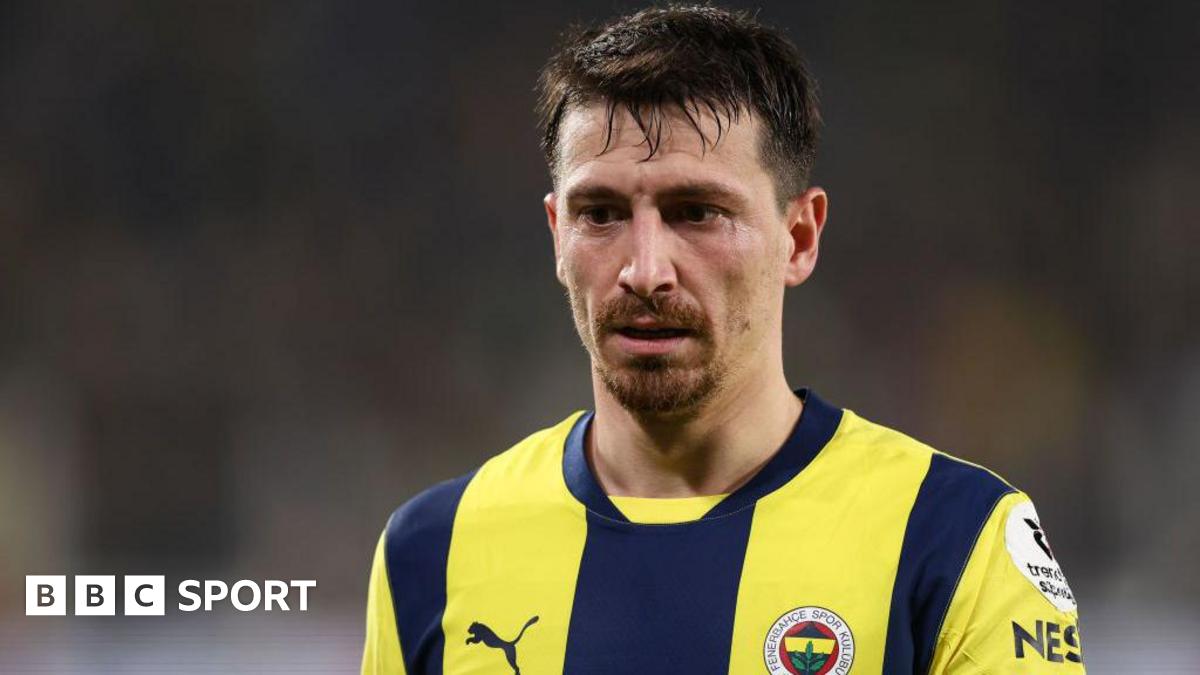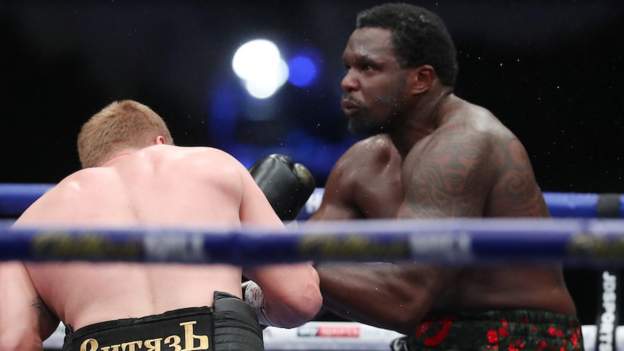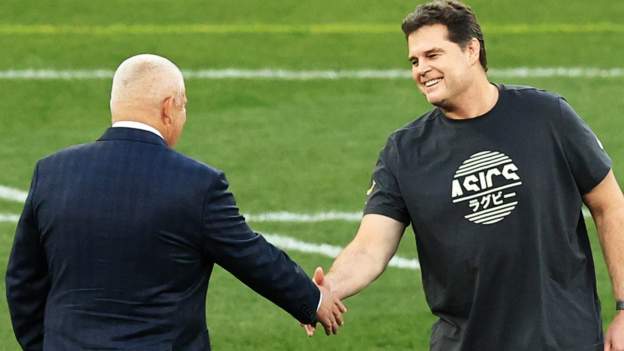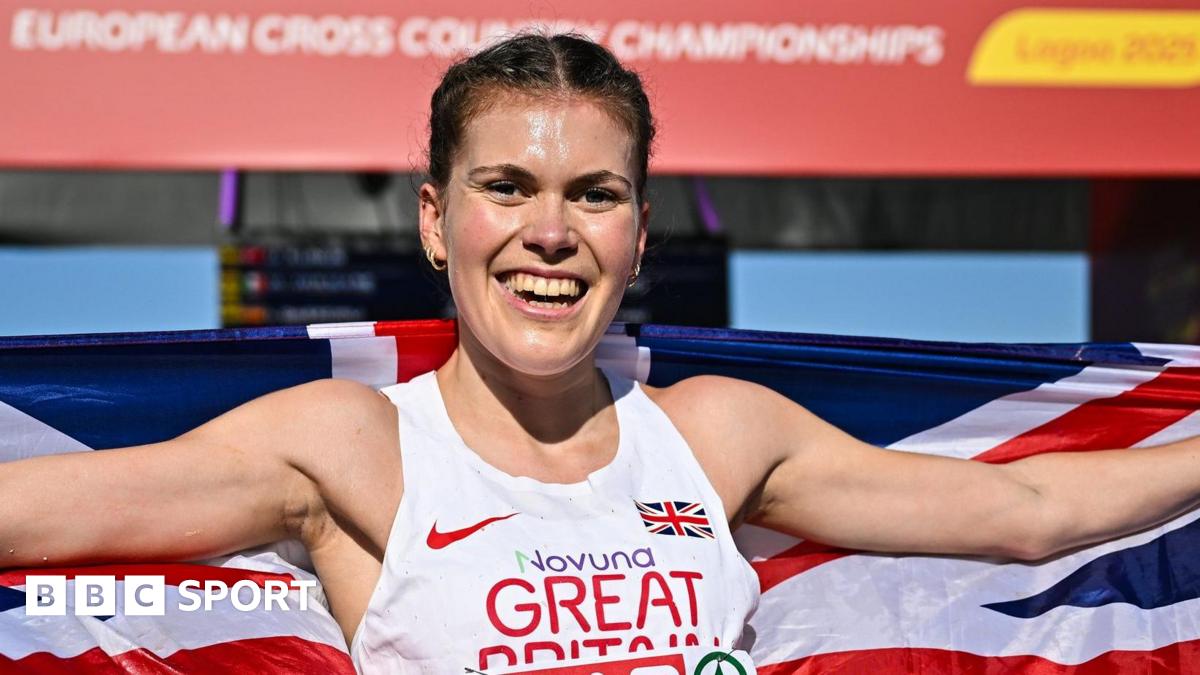Heather Watson is among 47 players to be confined to their hotel rooms after positive coronavirus cases on their flights to the Australian Open.
The Briton, 28, was on a flight from Abu Dhabi that arrived in Melbourne on Friday morning local time.
Two-time champion Victoria Azarenka and 2017 US Open champion Sloane Stephens are reportedly among those affected.
Players will stay in their hotel rooms for two weeks, while their rivals are allowed five hours of daily practice.
Australia has given 1,200 people permission to travel to the tournament.
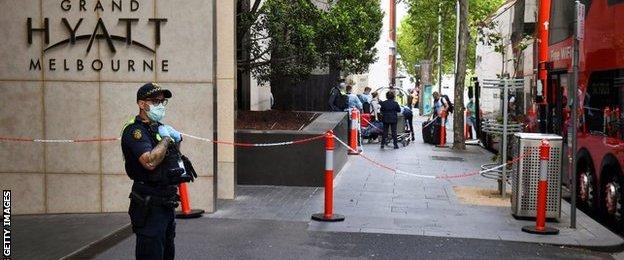
The players affected were on two flights, arriving from Los Angeles and Abu Dhabi respectively. Two people – a member of the flight crew and a person in a player’s travelling entourage – tested positive on the Los Angeles flight.
There was one positive test from Watson’s Abu Dhabi flight and Sylvain Bruneau – coach of 2019 US Open champion Bianca Andreescu – said it was him.
He added that he was “extremely sorry for the consequences now on everyone’s shoulders”.
Watson’s fellow Britons Johanna Konta, Dan Evans and Cameron Norrie were not on either affected flight.
Those who tested positive will stay in a separate “health hotel”.
“We are communicating with everyone on this flight, and particularly the playing group whose conditions have now changed, to ensure their needs are being catered to as much as possible,” said tournament director Craig Tiley.
The tournament is the first of tennis’ four annual Grand Slams. Unlike the other three, it was unaffected by the pandemic in 2020.
Organisers have pushed back the start date of this year’s edition by three weeks and staged qualifiers in Doha in an attempt to minimise the risk to public health.
It has been reported that quarantined players in Melbourne will have gym equipment delivered to their rooms, and they have access to a 24/7 medical hotline if they are concerned they may have developed symptoms.
Azarenka, who won the Melbourne Park title in 2012 and 2013, struck a positive tone on social media.
The Belarussian posted a message on Twitter after arriving in Australia saying: “If you have time to whine then you have time to find a solution.”
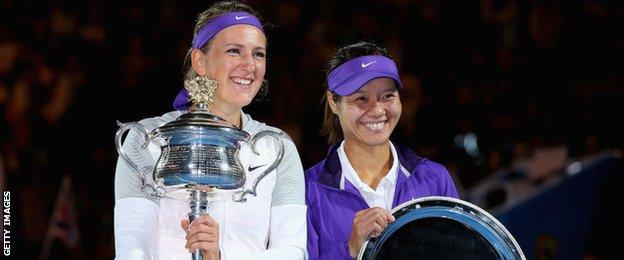
Uruguayan Pablo Cuevas confirmed that he had been on the flight, promising to show his Instagram followers his hotel-room workouts during the next fortnight.
American Tennys Sandgren, who was granted special permission to travel after his positive test was deemed to be the result of ‘viral-shedding’ from a previous case rather than a new infection, is also believed to have been on the flight.
Stephens revealed on social media earlier this week that both her grandmother and aunt had recently died after contracting coronavirus.
British former world number one Andy Murray tested positive last week but says he is in good health and hopes to compete after completing a period of self-isolation at home in London. American Madison Keys pulled out last week after she tested positive.
The tournament begins on 8 February, giving the players on the affected flight players fewer than 10 days of on-court practice before action gets under way.
Analysis
BBC tennis correspondent Russell Fuller
The 47 players affected may now have just one day’s practice before the raft of warm-up events begins at Melbourne Park on 31 January.
Working out in a hotel room is no substitute for on-court work, so these players are likely to be at a disadvantage when the Australian Open gets under way.
Two players have already criticised the decision to prevent anyone on the affected flights leaving their room for 14 days.
Alize Cornet of France says it is “insane” to allow weeks of hard work to go to “waste for one person positive to Covid in a 3/4 empty plane”.
And Belgium’s Kirsten Flipkens has described the whole process as “Russian roulette”. She claims players were given the impression they would only be considered a close contact if they were in the same section of the plane as an infected person.



